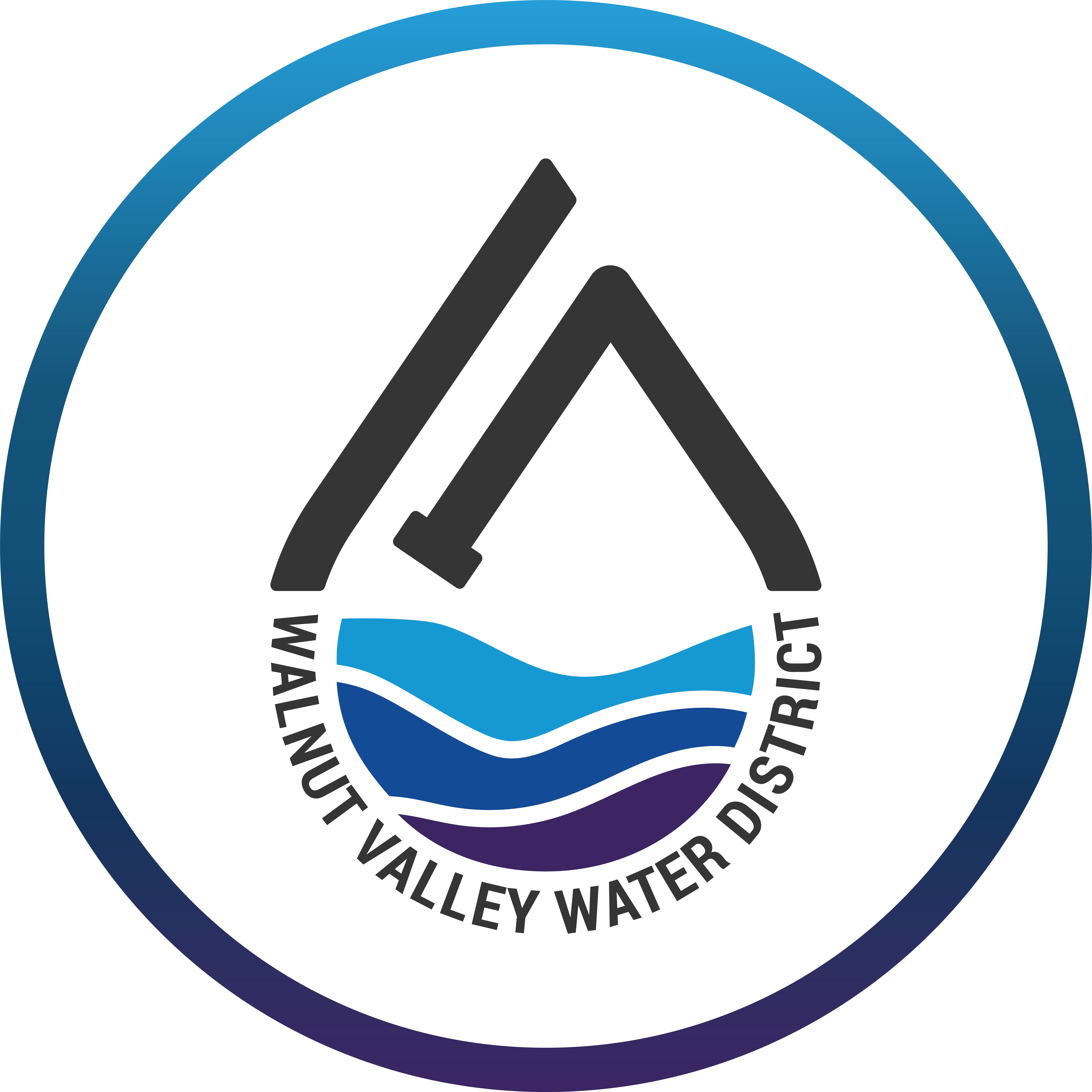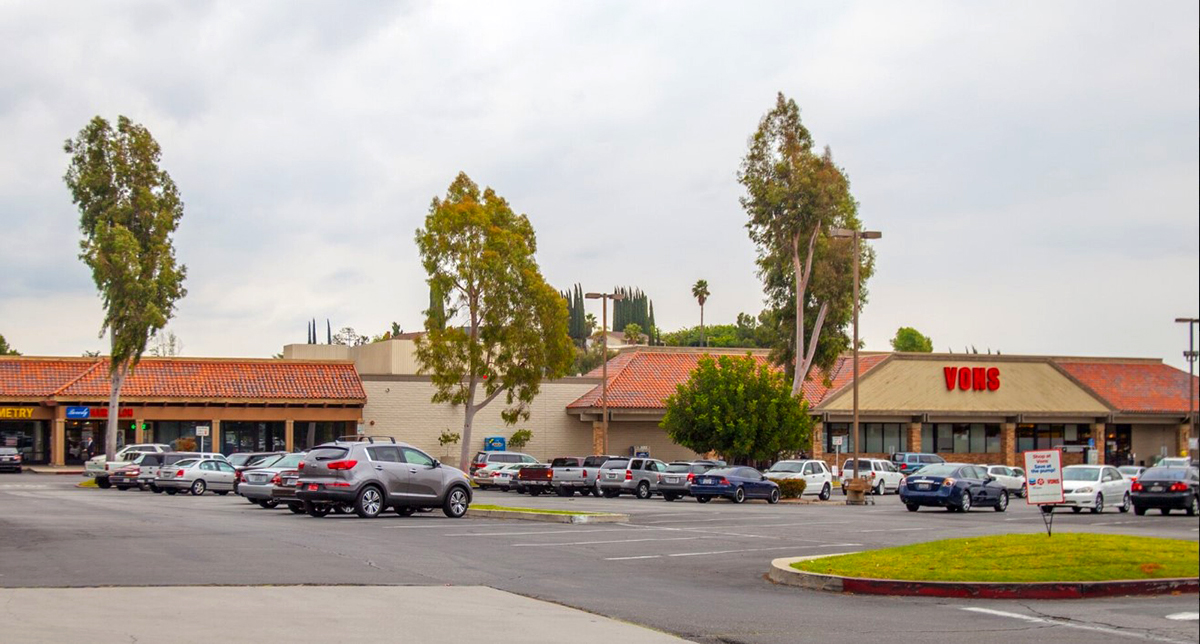Drought Resources
Stage 2 – Mandatory 20% Water Use Reduction
The The WVWD Board of Directors declared a Stage 2 Water Shortage, which calls for a 20% reduction of water use.
The following actions are now required.
Watering is Limited to 3 Days Per Week
Watering or irrigating of lawn or landscape is limited to a maximum of 3 days per week. This does not apply to very low-flow drip-type irrigation systems. This also does not apply to watering or irrigating by use of a hand-held bucket, similar container, or hand-held hose with a water-efficient nozzle.
Limit on Watering Duration to a Maximum of 15 Minutes
Watering or irrigating of lawn and landscape is limited to no more than 15 minutes per day per station. This does not apply to very low-flow drip-type irrigation systems or high-efficiency sprinklers.
Obligation to Fix Leaks, Breaks, or Malfunctions Within 72 Hours of Notification
All leaks, breaks, or other malfunctions must be repaired within 72 hours after written notification by the District unless other arrangements are made by the District.
No Watering from 8:00 am to 5:00 pm
Watering or irrigation of lawn and landscape is prohibited between the hours of 8:00 a.m. and 5:00 p.m. on any day, except by use of a hand-held bucket or similar container.
No Watering During Rain & 48 Hours After
Watering or irrigating of lawn, landscape, or other vegetated area with tap water within 48 hours following measurable precipitation is prohibited.
No Refilling of Residential Swimming Pools and Spas More than One Foot
Re-filling a swimming pool or outdoor spa more than one foot is prohibited.
No Excessive Water Flow or Runoff
No water runoff onto streets, driveways, sidewalks, and gutters.
No Washing Down Hard or Paved Surfaces
No washing down of hard paved surfaces (sidewalks, walkways, driveways, parking areas, tennis courts, patios, or alleys) unless necessary for public health. Use of a hand-held bucket or similar container or broom is recommended.
Limits on Washing Vehicles
Using water to wash or clean a vehicle (automobile, truck, van, bus, motorcycle, boat, or trailer, whether motorized or not), is prohibited. Except by use of a hand-held bucket or similar container or water-efficient hose nozzle. This does not apply to any commercial car washing facility.
Re-circulating Water Required for Water Fountains and Decorative Water Features
Operating a water fountain or other decorative water feature that does not use re-circulated water is prohibited.
No Installation of Single Pass Cooling Systems Water System
Installation of single pass cooling systems is prohibited in buildings requesting new water service.
No Installation of Non-recirculating Water in Commercial Car Wash and Laundry Systems
Installation of non-recirculating water systems is prohibited in new commercial conveyor car wash and new commercial laundry systems.
No Watering Ornamental Turf on Public Street Medians
Irrigating ornamental turf or public street medians with potable water is prohibited.
Negligent Waste of Water
At the discretion of the General Manager, the District reserves the right to determine negligent waste or misuse of water supplies. Such water use constitutes an unauthorized waste of water and is subject to the imposition penalties outlined in Section 14 of Ordinance No. 01-18-22
For more information view the Stage 2 Water Shortage Flyer.
For the full text of the drought regulations view the Water Shortage Contingency Plan Matrix, Water Shortage Contingency Plan, and Urban Water Management Plan.
Non-Functional Turf Irrigation Ban
Assembly Bill 1572 was passed in the fall of 2023. This law prohibits the use of drinking water to irrigate non-functional turf located on property owned by local government, public agencies, and commercial/industrial/institutional (CII) properties. This ban will be enacted in phases beginning January 1, 2027.
This ban applies to homeowners’ associations (HOAs). The board of an HOA or similar governing body may determine what is functional and non-functional based on the turf’s usage.
The ban does not apply to residential homes, both single-family and multi-family, turf irrigated with recycled water, school fields, sports fields, parks, or other areas designated for recreational use.
The ban is enforced by the State Water Resources Control Board (SWRCB). Commercial customers with more than 5,000 square feet of non-functional turf will be required to self-certify with the SWRCB every three years, beginning June 30, 2030.
A $3 per square foot rebate is available for turf removal projects through a partnership with the Metropolitan Water District of Southern California (MWD). Eligible projects must receive MWD approval before commencement. Visit socalwatersmart.com for more information.
Find a Qualified Water Efficient Landscaper here!
Non-Functional Turf Examples
Frequently Asked Questions
Compliance Timeline
Compliance will be phased in beginning January 1, 2027:
- JANUARY 1, 2027 – State, local government, and public agency buildings (schools, city hall, libraries).
- JANUARY 1, 2028 – Commercial, industrial, and institutional properties.
- JANUARY 1, 2029 – HOA and common interest developments common areas.
- JANUARY 1, 2031 – Disadvantaged community (DAC) property.
What is non-functional turf?
Non-functional turf is ornamental grass not used for recreation, civic and/or other community events. It includes turf irrigated for aesthetics such as street medians, slopped areas, and parking lots.
Who will enforce the ban?
The enforcement of the ban is by the State Water Resources Control Board.
What properties are affected?
The non-functional turf irrigation ban applies to Commercial (CII) properties including, but not limited to:
- City and County property
- Schools
- Government, public agency buildings
- Grocery and retail stores
- Homeowner Association (HOA) properties and common interest developments
- Hospitals
- Office, warehouse, and industrial buildings
- Churches and religious institutions
- Restaurants
Are there exemptions to the ban?
This restriction DOES NOT apply to the following:
- Non-functional turf areas irrigated with recycled water.
- Turd used for recreation purposes. This includes areas such as school fields, sports fields, or areas commonly used for civic or community events.
- Single-family residential properties, including those located in HOAs.
- Multifamily residential properties.
- Cemeteries
- Exceptions made for tree health
What is turf?
Turf is grass or various species of ground cover designed to be mowed regularly and stepped on repeatedly.
What about homeowner’s association (HOA) common areas?
This ban applies to HOA common areas. It is up to the HOA board or similar managing body to determine what is functional and non-functional. WVWD encourages HOAs to be mindful of the seriousness of the drought when making this decision.
Will the District fine me for violating the ban?
It is the District’s goal to promote the efficient use of water by educating its customers on cost-saving practices. However, the District reserves the right to send a courtesy notice to customers if a report of a potential violation is received. Likewise, the District reserves the right to enforce the current Stage 2 Water Storage restrictions adopted by the Walnut Valley Water District Board of Directors.
How do I report water waste?
To report water waste, a violation of Stage 2 Water Use Reduction Regulations, and/or violation of the non-functional turf ban please click here. You may also contact a customer service representative to report a water waste violation at (909) 595-7554.
What about trees?
Trees should receive priority irrigation to keep them alive. Although most mature trees often require little to no irrigation, some species do. The State Water Board urges people to continue watering trees, even while reducing or stopping the irrigation of turf. Irrigation of trees and non-turf plantings is permitted.
Cut Down Your Water Use!
Need ideas on how to cut down your water use? We can help! The district offers a variety of water efficient device rebates and programs to our customers, including:
- Turf Replacement at $3 per sq./ft
- Pool Cover Rebate ($80 account credit)
- Flume (leak detection and water usage monitor)
- Rachio (weather-informed irrigation controller)
- Water-efficient laundry machines, toilets, sprinklers, irrigation controllers, and more!
The State Water Resources Control Board requires commercial (CII) customers to be assigned classifications based on their primary business functions. This classification assists with assigning appropriate categories to their water use performance measures.
A detailed list is available here: “Commercial, Industrial, and Institutional Water Use Performance Measure”













